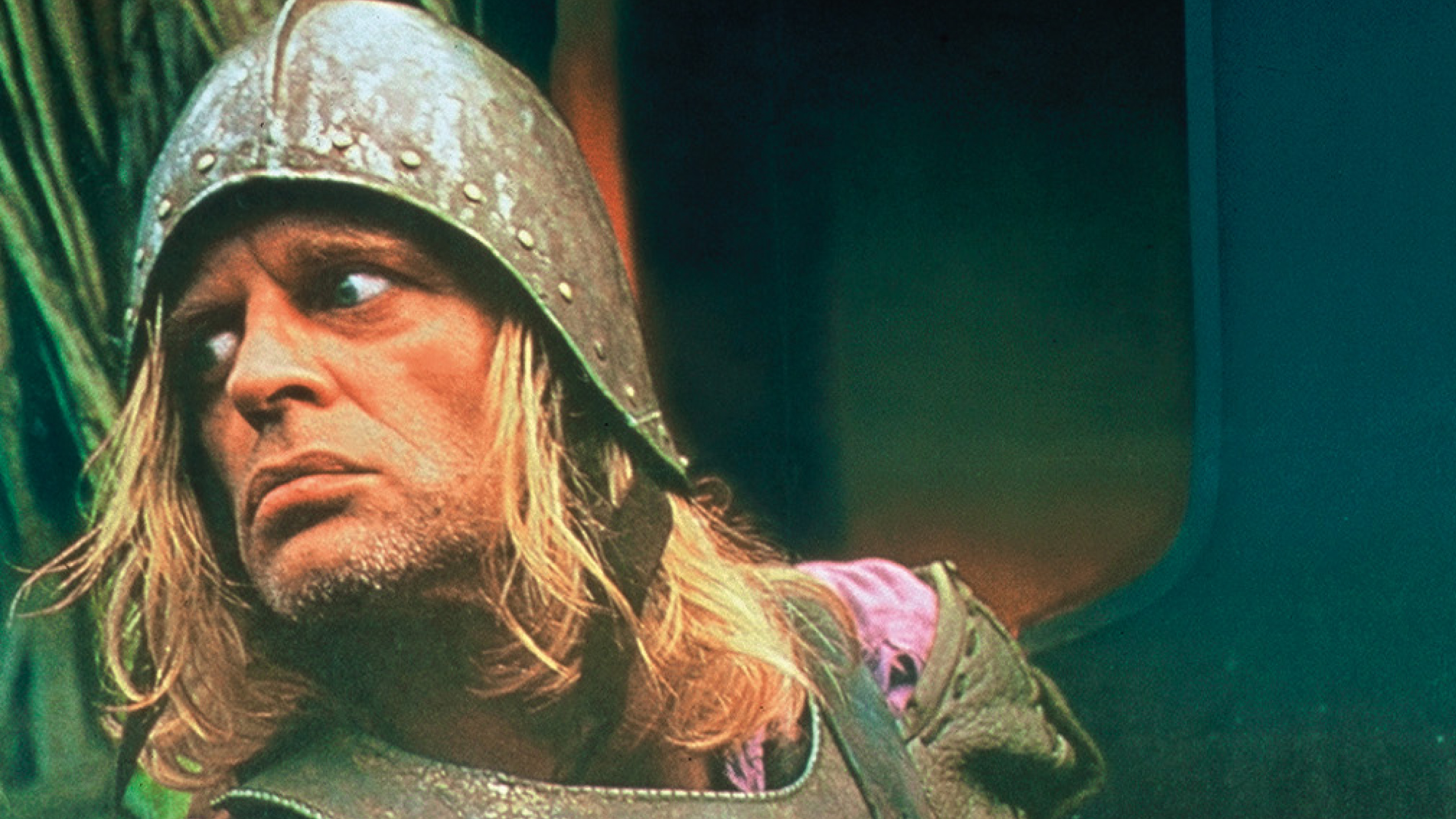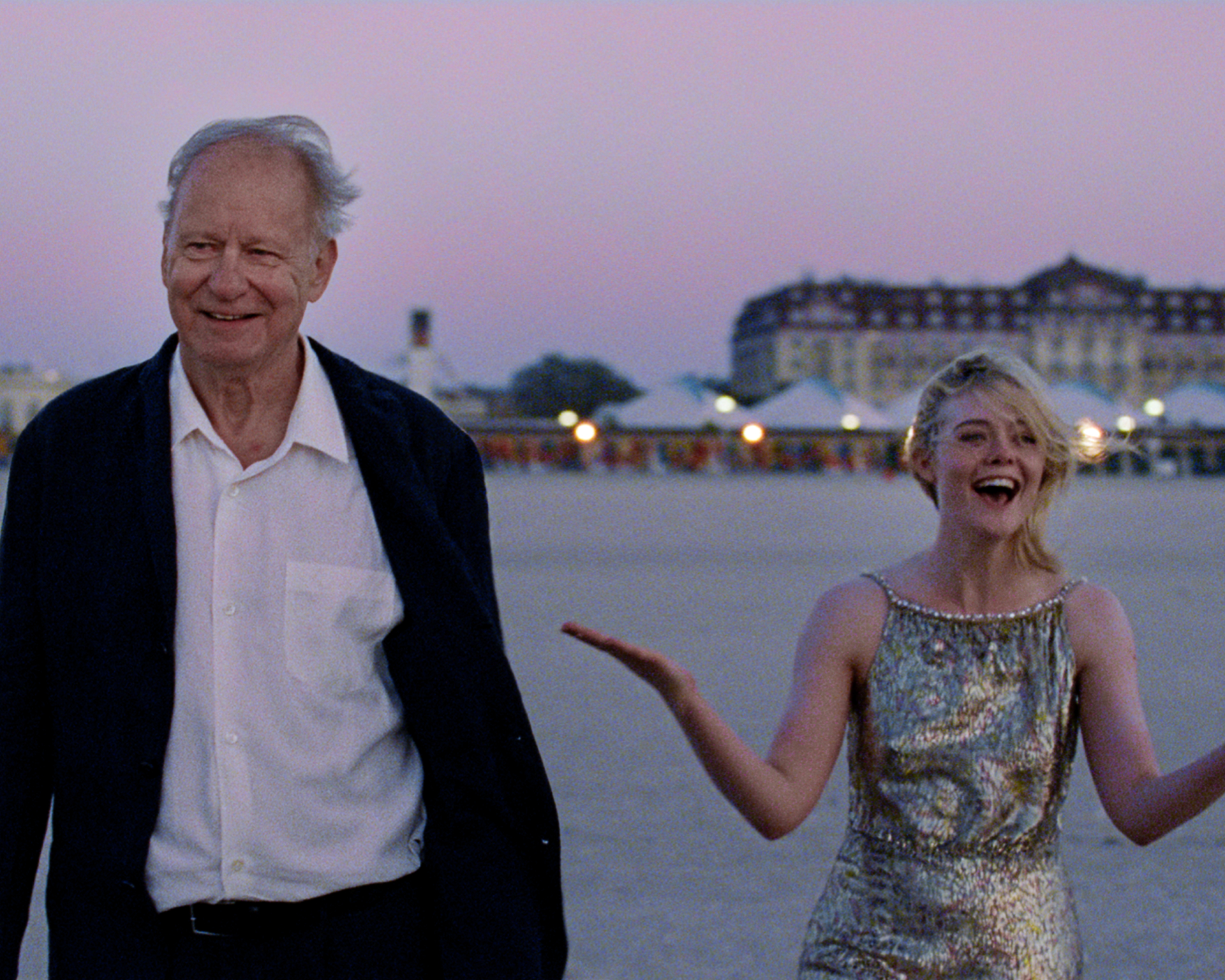1560. The search for El Dorado prompts Pizarro to send a band of soldiers to explore, led by Don Pedro de Ursúa and his deputy Aguirre. Facing initial difficulties and loss of life, Ursúa decides to return to Pizarro and complete the mission, but Aguirre leads a mutiny against him and names Don Guzmán emperor of El Dorado. The search for the fabled land pushes the Spanish into the arms of cannibalistic Indians and carnage, but Aguirre will not stop believing in impossible dreams of grandeur.
A few minutes of film are enough for Aguirre: The Wrath of God to reveal its true, grand epic on the theme of the lust for money and power. Through incredibly powerful images (among the most visionary ever conceived by the most visionary director in the history of modern German cinema), a reflection unfolds that rises to the level of a compelling philosophical apologue à la von Stroheim. In it, the protagonist, an egotistical conquistador lost in the Amazonian landscape in search of the chimera of legendary riches, exemplifies and embraces all the contradictions of Western Man. Madness and death thus chase each other according to a logic heavily indebted to the highest achievements of German Kultur, in a journey where the inaccessibility of an inviolable Nature and the attacks of an invisible enemy become the distorted mirror in which humanity sees reflected its own desire for knowledge and its thirst for domination.



